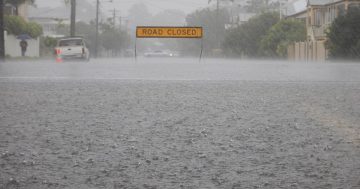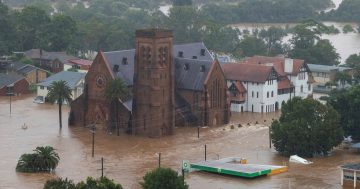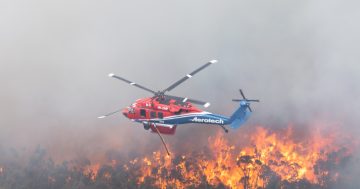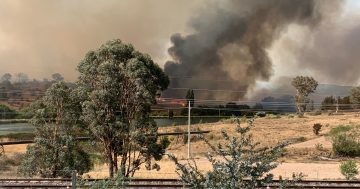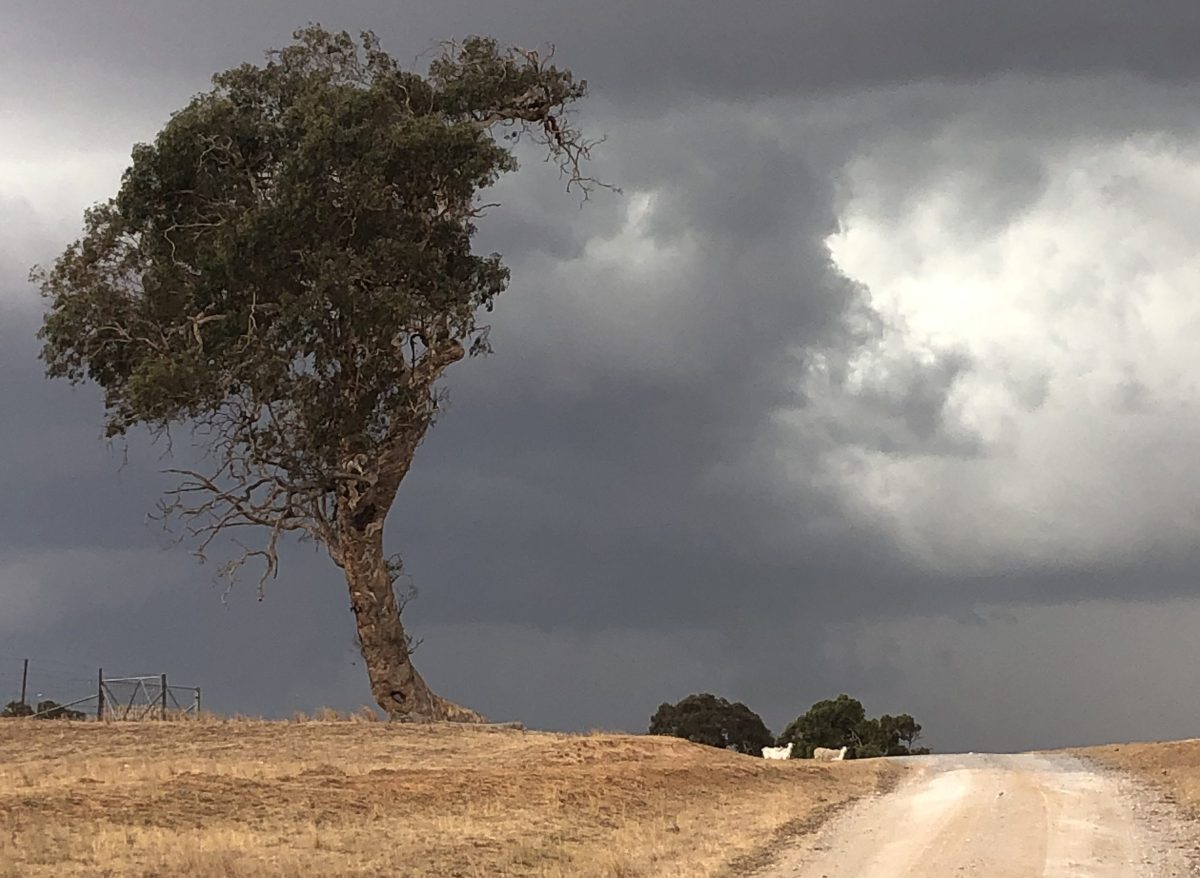
The Bureau of Meteorology has declared an El Niño event and a positive Indian Ocean Dipole (IOD) for the summer, meaning dry conditions, heatwaves, and more severe storms. Photo: File.
Ahead of a summer of predicted heatwaves and less than average rainfall, Canberra played host to the National Disaster Preparedness Summit earlier this week.
Hosted by the National Emergency Management Agency (NEMA), the summit drew together politicians and about 250 delegates representing crisis management, response and recovery specialists from federal, state and territory emergency services, logistics, food and groceries industry, insurance, energy and utilities industry, telecommunications, and the community and not-for-profit sector.
The summit included a number of scenario exercises based on the outlook for summer – which includes warmer and drier conditions with a higher risk of heatwaves, severe storms and cyclones – and to analyse how each organisation responded individually and collaboratively. The Bureau of Meteorology last week confirmed Australia was facing El Niño conditions and a positive Indian Ocean Dipole (IOD) until at least March.
Participants worked through and applied best-practice approaches for preparedness, response and relief, and looked at better preparedness for vulnerable communities including people living with disabilities and First Nations people.
Minister for Emergency Management Murray Watt said since the 2019-2020 bushfires, more than 60 per cent of Australians have been affected by natural disasters, some more than once – including many in NSW coastal regions.
“We know that due to climate change, disasters will become increasingly frequent and intense, which is why we have taken significant steps to build our resilience and response capabilities,” he said.
“I’m confident that as a country we’re well prepared for the conditions forecast, but we aren’t complacent, and want to make sure we’re doing everything within our power to get ready.
“Since our election 16 months ago, the government has worked hard to ensure Australia is better connected, better coordinated and better prepared for the disasters we know are coming.”
Minister Watt said the summit was “the next step in that plan, to make sure all who have a role in disasters know what to expect this upcoming season, and they are as prepared as possible”. He said it was essential “all key stakeholders know what resources and capabilities state and territory governments can draw upon and when, as well as additional operational and information sharing support”.
Speaking on ABC’s Insiders on 24 September, Minister Watt said the summit’s focus went beyond just how to best combat fires and floods.
“Obviously, when we face bushfires or any other form of natural disaster, it’s our fire authorities or our disaster authorities who are on the front line,” he said.
“But the community sector plays an incredibly important role in recovery – providing relief to people, and also the private sector needs to get involved when you have supply chains interrupted … like we’ve seen in the past.
“So there’s been a huge amount of work over the last few months between federal, state and territory authorities to be ready. But what’s different about this is for the first time, we’re also bringing together people from outside government so that we’ll all have a shared understanding of what we’re facing.”
Addressing the summit on the evening of 26 September, Prime Minister Anthony Albanese thanked the delegates for their attendance and commitment.
“The spirit of co-operation and the sense of focus and purpose in this room is a credit to all of you and an inspiration to our country,” he said.
“We may still be in the first month of spring – but Australians are already fighting fires. The reality of climate change presents itself in conditions which are more extreme, more unpredictable and more frequent.
“For your sake, and for the sake of your families, we owe you our total commitment to the best possible state of preparedness.
“To treat the coming fire season with all the seriousness and urgency it deserves, and to listen to all of you – the people on the front lines, so we learn the lessons of seasons past, so we ensure our lines of communication move faster than any fire front, so we enable co-operation and drive co-ordination, across agencies, across borders, and across state and federal and local government.”












